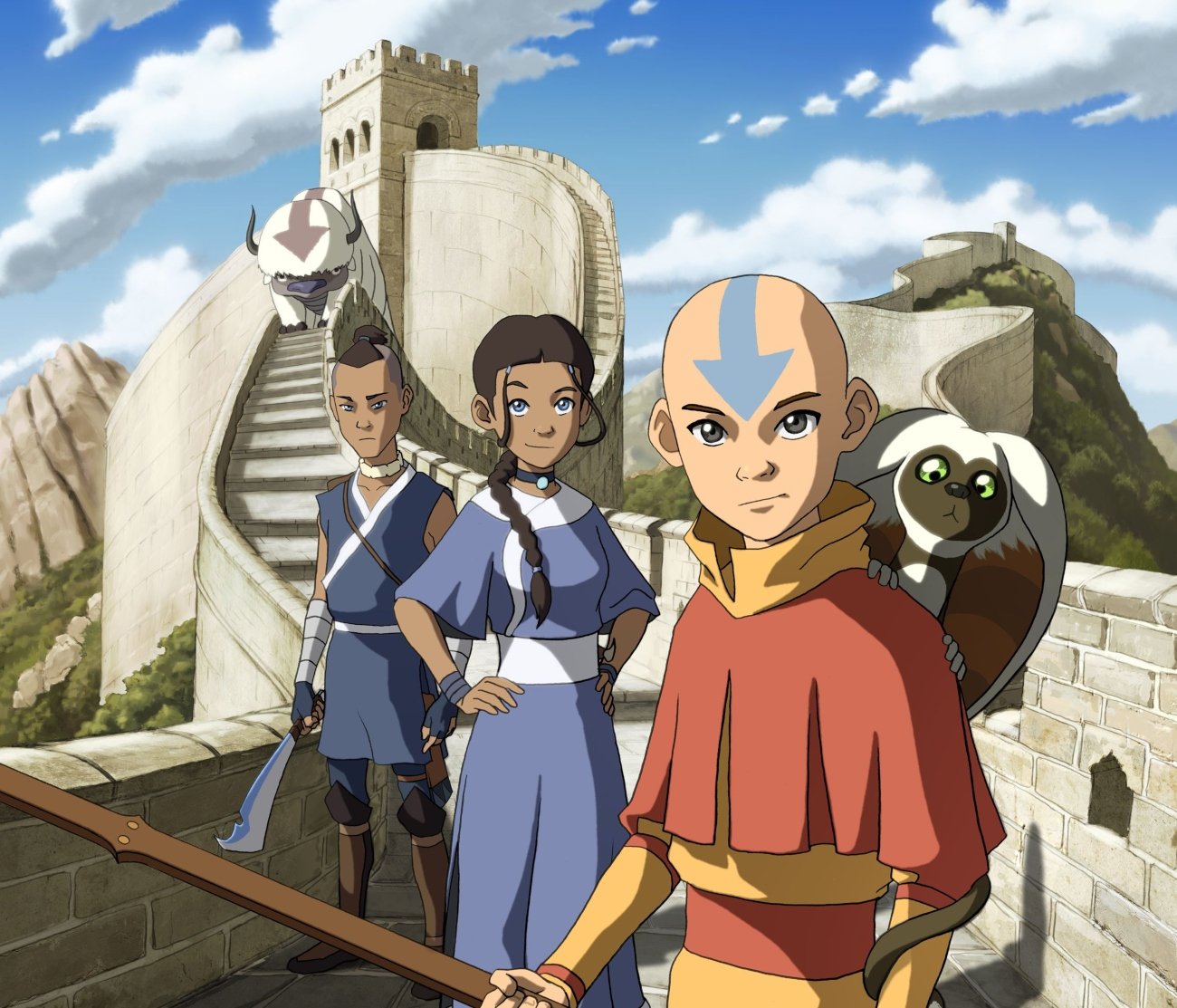‘Avatar: The Last Airbender’: Original Finale Plan Would Have Been a Disastrous Ending
Avatar: The Last Airbender has been off the air for more than a decade, but it still resonates with people 12 years after the final episode aired. The series started on an intriguing note and ended on an equally satisfying one. However, had the tv show gone in its original direction, the series finale may have been an unmitigated disaster. Luckily, cooler heads eventually prevailed.

‘Avatar: The Last Airbender’ is still a fan-favorite
A fantasy series that takes its roots in East Asian culture and philosophy, Avatar was one of the first successful shows to accomplish what it set out to do reverently. It focused on a 12-year-old child named Aang, a lone survivor who was on a journey to end an elemental war. With powers to control these elements, people like Aang become a hot commodity, though the powers in the wrong hands can lead to catastrophic results.
The series was a massive hit. While it was, at its heart, a series for children, it resonated far beyond the target audience. Kids were not just given a bland, cookie-cutter plot with anime influences. They were given an in-depth look at themes of genocide, war, dictatorships, freedom, and the dangers of imperialism throughout the world. This was its greatest sell.
As the show hit its peak, it was an award darling, winning several of the industry’s most prestigious honors — an Emmy, a Genesis Award, an Annie Award, and even a Peabody award. To this day, the show has a loyal following thanks to streaming and nostalgia. While it spawned a successful spinoff and a not-so-successful film adaptation, however, fans still flock to the original series, which ended in 2008 on a positive note.
How did ‘Avatar: The Last Airbender’ end?
Many of the series’ most significant plot points had to do with the internal struggles that Aang faced while trying to make the world a better place. A pacifist at heart, Aang would rather use the elements to get what he needed without the need for death and violence.
As he went up the chain and got ready to fight his archnemesis Ozai, however, he found himself in a moral conundrum.
Aang was raised by monks who taught him the elemental and martial arts in their purest form. Much like their real-life counterpart, these arts are meant for protection and mental growth, not violence and chaos. Those who use it for evil, however, can quickly rise to power.
Rather than killing Ozai, Aang strips him of his powers and destroys his fleet, quickly ending the war that had ravaged the mythical nation. While this was a satisfying ending that fans could get behind, the original was not as good.
The original ending was scrapped
Part of The Last Airbender’s appeal is the fact that it only lasted three seasons. With concise storytelling and just enough to keep the intrigue alive, it went out on top. However, this was originally going to go on at least one more season. Initially, the last season was going to focus on the aftermath of life after the war.
This could have been shown by giving the series villains, Azula, a redemption arc despite all the foul things they’d done. The fourth season would have also explored the goings-on in the spirit world, where Aang’s mentor, Gyatso, was spending his eternity.
Luckily, cooler heads prevailed. Season four was scrapped thanks to the terrible reviews of M. Night Shyamalan’s infamous adaptation.
This goes to show just how quickly even our most beloved shows could go off the rails. Avatar: The Last Airbender shows that while its film adaptation was hated by nearly everyone who saw it, it may have been what saved the series from a similar outcome.
Now, fans can look back at the three seasons they were given and thank the stars that nothing happened to tarnish its future image. The final gave fans closure without dragging the plot line.


